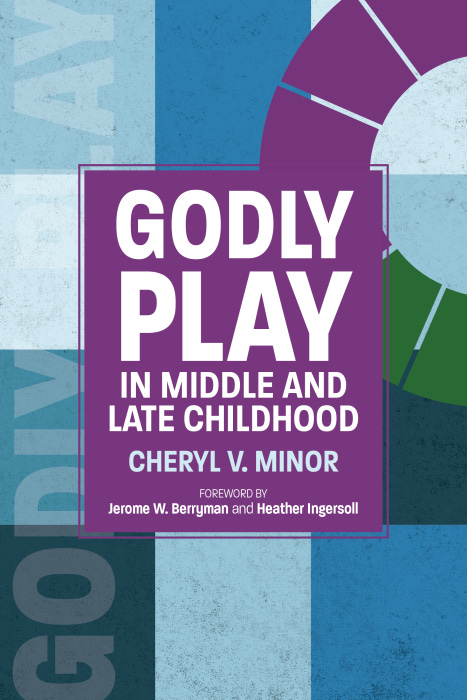Dear Friends,
Over the course of the last year or so, I feel like I’ve unintentionally learned a lot about sheep – or at least a lot about sheep for someone like me who doesn’t know much about animals in general.
A few months ago, for example, I learned that all those fluffy sheep that we habitually depict, the kind you encounter at petting zoos and the like, aren’t the sort people would have kept as shepherds around Jerusalem. Instead, the kind of sheep common in that part of the world. Instead, the sheep in this region look quite different, with shorter coats and thick, fat tails. The tails were so large owners sometimes built little carts to support them!
Then, just this past week, I learned about spotted sheep, known as Jacob Sheep. They’re smaller, multicolored, and can have as many as six horns. Understood as the legacy of Jacob’s spotted sheep, they’ve gone through minimal selection over the centuries and have largely taken care of themselves. Today, they take care of us as models in some scientific studies; when I came home after learning about them and reported back to my wife, who went to high school on a farm and is starting veterinary school in the fall, she simply replied, “Yeah, those are the sheep we use at Tufts to study Tay-Sachs.”
Okay, but why am I telling you all this about sheep? This is turning into a bovine version of Moby Dick!
Well, shocker, Jesus is talking about sheep again this week.
Jesus sure had a lot to say about sheep. Maybe it’s because he was born in a barn. Maybe it’s just the place and time. But it’s sure a strange choice. Why sheep? They aren’t smart, they’re pretty grimy (everything gets stuck in their wool), and they can be quite stubborn. So, what’s the deal?
My sheep hear my voice. I know them, and they follow me.
These are the words Jesus speaks to his followers in this week’s reading from John, and I am struck that, in speaking of this obedience after the resurrection, that it is his voice that they recognize, not his face or other kinds of physical presence. This is something we underscore in Godly Play when we tell “Knowing Jesus In A New Way” during Eastertide. We never see Jesus’s face. He’s around. He’s vaguely embodied. But he is changed. His voice, though, his words and his message and his deep love for and familiarity with us, is unchanged.
And us? We continue to know his voice. Yes, even as we are characterized as foolish sheep, we are still called to follow, into a life of obedience.
“The sheep hear my voice. I know them, and they follow me.” This is the same premise we use any time we speak of Jesus the Good Shepherd in Godly Play - and in turn, the Shepherd protects and redeems us.
So here we are. More sheep. Now what?
As we continue to travel through Eastertide, let us listen for that voice in new ways and unusual places. We know our names, our belovedness, in so many ways.
Resources, Excitement, And So Much More!
What’s ahead, beloveds? So much!
Get excited for “Godly Play in Middle and Late Childhood” by Cheryl Minor, Director of the Center for the Theology of Childhood. I had the pleasure of spending a great many hours with Cheryl last week for a wonderful Godly Play gathering (we’re also basically neighbors in the literal rather than the theological sense), and her forthcoming book will be an invaluable resource for thinking about Godly Play’s value through middle school.
Prepping for Pentecost! At my church, Pentecost also happens to be our last Sunday of the program year, so we’ll be having a big church birthday party! I’m making heavy use of some of these links from VTS, and know that there’s cake and a really really big version of the Godly Play Pentecost story involved. What are you planning for Pentecost?
Even though many of us are coming to the end of our main program year with the start of Pentecost, but the Green Growing Days stretch on well into the months when it starts again! With that in mind, make sure you’ve got a copy of Laura Alary’s “Breathe: A Child’s Guide to Ascension, Pentecost, and the Growing Time.” Laura’s seasonal guides are beautiful and indispensable both for program leaders and for families.
That’s all for this week, friends. Listen to the world. Be ready to receive your belovedness.
Peace,
Bird





